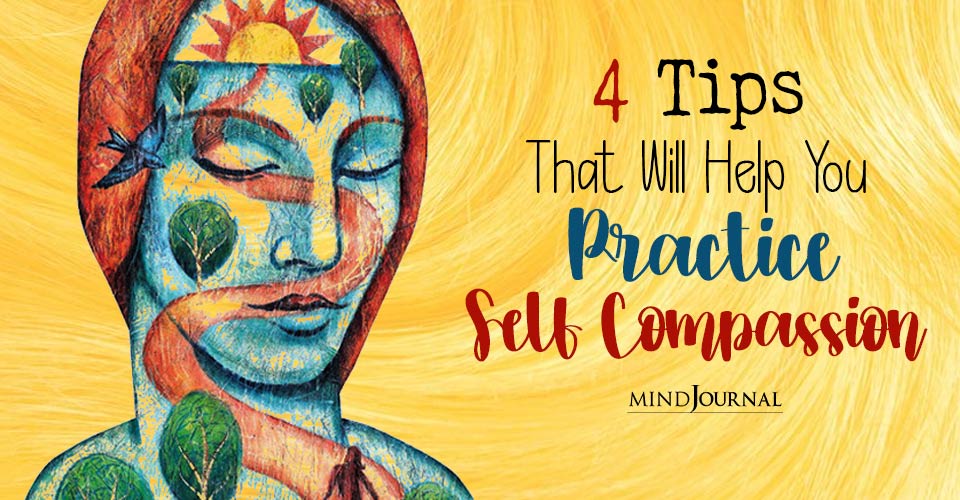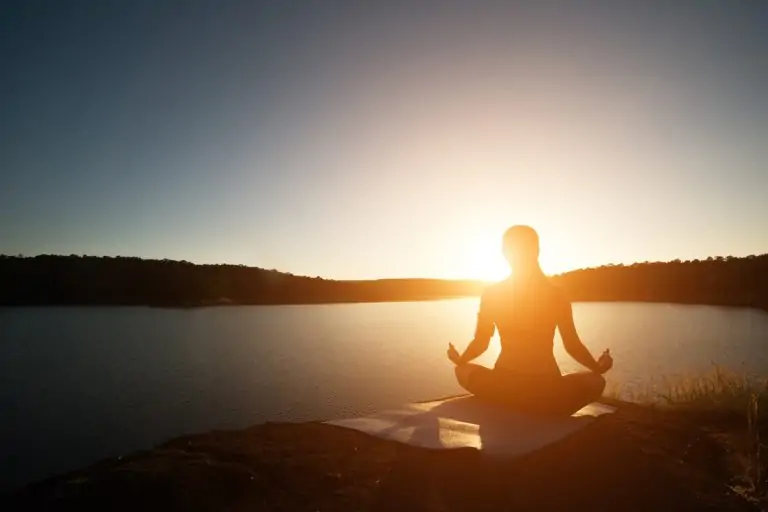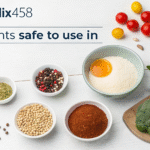In our fast-paced world filled with distractions and constant stimulation, finding peace and contentment can feel like an elusive goal.
However, amidst the chaos, there exists a powerful tool that can help us navigate through life with grace and presence: mindfulness.
What is Mindfulness?
Mindfulness is the practice of being fully present and engaged in the current moment, without judgment or attachment to the past or future. It invites us to awaken to the richness of each moment, embracing it with a sense of openness and curiosity.
Originating from ancient contemplative traditions, mindfulness has traversed centuries, evolving into a contemporary phenomenon that resonates deeply with individuals seeking inner peace and clarity amidst the chaos of modern life.
Mindfulness entails tuning into our thoughts, emotions, and sensations with a profound sense of acceptance and compassion. It beckons us to witness the ebb and flow of our inner landscape without clinging to or resisting any experience that arises.
This gentle awareness forms the cornerstone of mindfulness practice, offering a pathway to self-discovery and profound transformation.
The Benefits of Practicing Mindfulness
Reduced Stress and Anxiety
By cultivating mindfulness, we embark on a journey of self-discovery, learning to observe our thoughts and feelings without getting entangled in their narrative. This heightened awareness empowers us to navigate through life’s challenges with greater clarity and resilience.
As we develop the capacity to respond to stressors with equanimity, the grip of chronic stress loosens, paving the way for a profound sense of calm and well-being.
Enhanced Emotional Regulation
Mindfulness serves as a beacon of light in the realm of emotional turbulence, offering us a sanctuary of peace amidst the storms of life. Through mindfulness, we learn to recognize and regulate our emotions with skillful precision, fostering a deep sense of inner balance and harmony. Rather than reacting impulsively to the ebb and flow of emotions, we cultivate the art of mindful responding, rooted in wisdom and compassion.
Read Also: The Empress Season 2 – Everything You Need To Know
Improved Focus and Concentration

In an age of perpetual distraction, mindfulness emerges as a potent antidote to the scatteredness of the mind. By anchoring our awareness in the present moment, we sharpen the blade of attention, honing our ability to discern the signal amidst the noise. With practice, we awaken to the beauty of undivided presence, unlocking new dimensions of productivity, creativity, and cognitive clarity.
Greater Self-Awareness
Mindfulness serves as a mirror that reflects the intricate tapestry of our inner landscape, illuminating the hidden recesses of the mind with gentle clarity. Through sustained practice, we unravel the patterns of our thoughts, the habits of our minds, and the conditioning that shapes our perceptions of reality. This journey of self-discovery lays the foundation for profound healing and personal transformation.
Enhanced Relationships
In the crucible of mindful presence, relationships blossom like delicate flowers in the garden of the heart. Mindfulness cultivates empathy, compassion, and authentic connection with others, transcending the barriers of separation and division. As we learn to listen deeply and be fully present in our interactions, we forge bonds of trust and understanding that enrich the tapestry of human connection.
How to Cultivate Mindfulness in Daily Life
Practice Meditation
Set aside a few minutes each day to immerse yourself in the sanctuary of silence. Find a comfortable posture, close your eyes, and gently redirect your attention to the rhythm of your breath. With each inhalation and exhalation, invite a sense of calm and presence to permeate your being, anchoring you in the sacredness of the present moment.
Engage in Mindful Activities
Infuse mindfulness into the fabric of your daily life, transforming mundane moments into portals of profound insight and awareness. Whether you’re savoring the taste of a nourishing meal, relishing the warmth of sunlight on your skin, or luxuriating in the embrace of nature, allow yourself to be fully immersed in the richness of the present moment.
Embrace Acceptance and Non-Judgment
Let go of the incessant need to categorize experiences as “good” or “bad,” and instead embrace life in its totality. Cultivate an attitude of radical acceptance and non-judgment, embracing each moment with open arms, regardless of its perceived pleasantness or unpleasantness. In the spaciousness of acceptance, true liberation awaits.
Practice Self-Compassion

Treat yourself with the same tenderness and care that you would extend to a cherished friend or loved one. Embrace your vulnerabilities with grace and compassion, recognizing that imperfection is an inherent facet of the human experience. In moments of struggle and self-doubt, offer yourself the gift of kindness, knowing that you are worthy of love and acceptance just as you are.
Seek Community and Support
Connect with kindred spirits who share your commitment to the path of mindfulness and self-discovery. Join meditation groups, attend retreats, and engage in heartfelt conversations that nourish your soul and uplift your spirit. In the embrace of community, the journey of mindfulness becomes a shared pilgrimage, weaving together the threads of connection and belonging.
Overcoming Challenges in Mindfulness Practice
Navigating the journey of mindfulness comes with its own set of challenges. Here’s how to overcome them:
Dealing with Restlessness and Distractions
Mindfulness practice often brings to light the restless nature of the mind, along with a barrage of distractions. Instead of fighting these experiences, acknowledge them with kindness and gently guide your attention back to the present moment.
Cultivating Patience and Persistence
Like any skill, mindfulness requires patience and persistence to develop. Embrace the process with an open heart, understanding that progress may be gradual and nonlinear. Trust in the transformative power of consistency and commitment to your practice.
Managing Expectations and Self-Judgment
Avoid falling into the trap of perfectionism or comparing your practice to others’. Embrace each moment as it unfolds, free from judgment or expectation. Remember that mindfulness is about cultivating a compassionate relationship with yourself and the present moment.
Integrating Mindfulness into Daily Life

Read Also:Camp Lejeune Lawsuits and the Broader Implications of Seeking Accountability
Beyond formal meditation sessions, integrating mindfulness into daily activities can be challenging. Start with small, manageable practices such as mindful eating or walking, and gradually expand your awareness to encompass all aspects of life.
Seeking Support and Guidance
Don’t hesitate to seek support and guidance on your mindfulness journey. Whether it’s attending group sessions, reading books, or working with a qualified teacher, surrounding yourself with a supportive community can provide invaluable encouragement and insight.
Conclusion
In conclusion, mindfulness is a transformative practice that empowers us to live with intention, presence, and authenticity. By embracing mindfulness in our daily lives, we can cultivate inner peace, resilience, and profound well-being amidst the complexities of modern existence.
FAQs
1. Is mindfulness suitable for everyone?
Yes, mindfulness is beneficial for people of all ages, backgrounds, and lifestyles.
2. How quickly can I expect to see results from practicing mindfulness?
Results vary, but some may notice improvements within days or weeks of consistent practice.
3. Do I need to meditate for long periods to reap the benefits of mindfulness?

No, even short periods of mindfulness practice can yield meaningful results.
4. Can mindfulness help with managing chronic health conditions?
Yes, mindfulness-based interventions have shown promise in managing chronic conditions.
5. Is mindfulness a religious practice?
No, mindfulness is often taught in secular contexts and is not inherently religious.
Read Also:
. The Empress Season 2 – Everything You Need To Know
. cyber insurance coverage Silverfort










